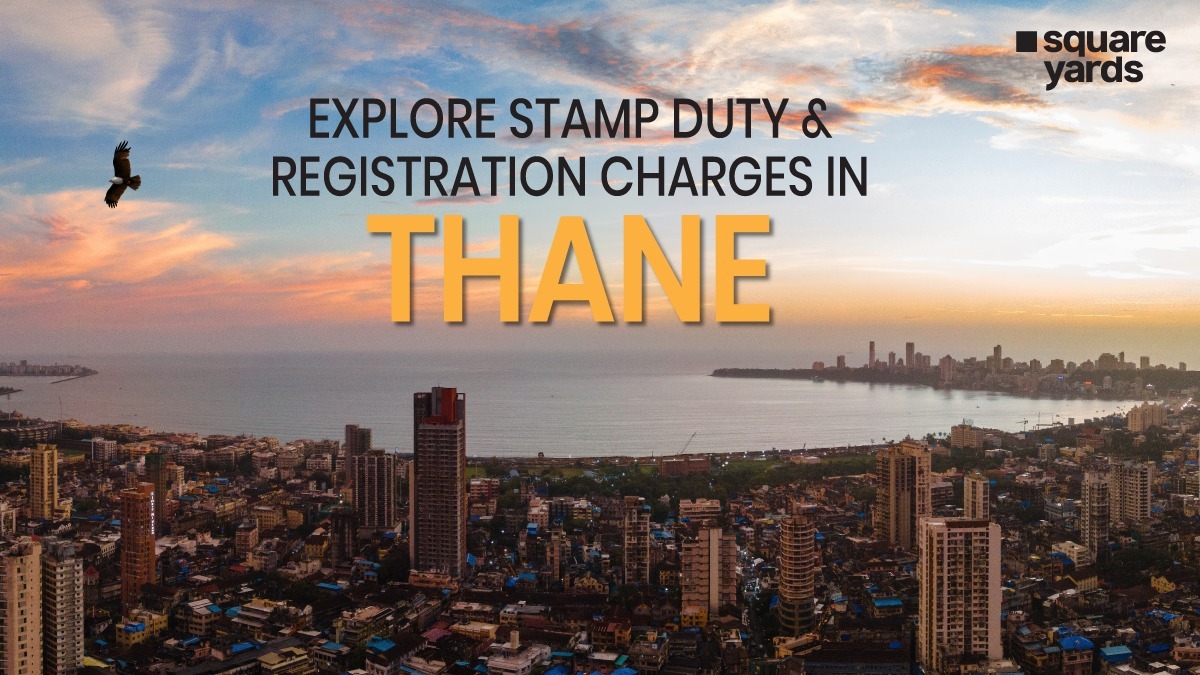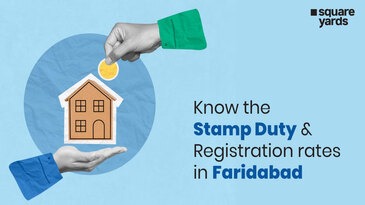Gross salary is based on distinct grounds, unlike net salary. If you look closely, you will find a multitude of differences between these two just like how it works in the case of a basic salary and gross salary. There are many components grouped together to constitute this contrast. Not to mention, it is imperative for an employee to understand what is gross salary, its elements and the difference between gross and net salaries.
Table of Contents
What is Gross Salary?
A gross salary refers to the monthly or yearly salary that is computed before the commencement of any deductions that are specified in your salary breakdown. This type of salary is directed by a number of components such as employee’s basic salary, provident fund, medical allowance, leave travel allowance, house rent allowance, professional tax etc.
Tax on Gross Salary
The gross pay which you are offered by your company involves tax-free deductions. It is only after making these deductions when your tax liability is calculated as per the income tax slabs.
Here are the components deducted from the gross salary before the calculation the salary that would be taxable:
- Tax-exempt part of HRA
- Tax-exempt part of LTA
- EPF contributions under Section 80C
- Other tax-free allowances or perquisites
- Deductions made as per Section 80C including the principal repayment for home, life insurance premiums, tuition fee of children, ELSS contributions, PPF contribution, etc.
- Deductions under Section 80D for health insurance premiums.
- National Pension Scheme deduction under Section 80CCD (1B).
- Other deductions available under Chapter four (A) of the Income Tax Act, 1961.
- Other tax-free exemptions such as home loan interest under Section 24(b).
What is the Cost to Company?
The Cost to Company or CTC is a synonym to gross salary. It is a term to describe the cost that an employer incurs upon the employment of an individual. CTC expresses the maximum remuneration offered by the employer to their employee which includes the basic pay, allowances and perquisites.
Additionally, in case there are EPF contributions, superannuation benefits or gratuity payments payable to an employee, such payments are also specified in the calculation of the CTC. These expenses are looked after by the employer on their employees for the year. You must know the amount of CTC is not the same as the amount you are taking home every month.
Let us now take this section forward to the components of gross salary.
Components of Gross Salary
There are many different types of elements entailed across your salary slip under the gross salary head. This is the breakdown of your gross salary that specifies the amount of each component that has been contributed to the gross amount.
Here is a list of all the components of gross salary that most employers incorporate:
Direct Components of Gross Salary
- Basic salary
- Dearness Allowance
- Leave Travel Allowance
- House Rent Allowance
- Vehicle allowance
- Telephone or mobile allowance
- Other special allowances
Indirect Components of Gross Salary
Apart from the above-mentioned components, there are many other types of constituents in a gross salary that are referred to as indirect ones.
- Bonus or incentive
- Payment for overtime
- Vouchers
- Cost of the accommodation offered by the company
- Payment of utility bills made by the employer
Here is what do these components of gross salary imply:
Basic salary
The basic salary is an employee’s take-home salary. It is the amount that is paid to the employee with the exclusion of allowances of perquisites. There are no deductions on the basic salary.
Dearness allowance
Dearness Allowance, also known as DA, refers to the allowance that is paid to employees in order to impede the impact of inflation. The amount of DA is added to the employee’s basic salary and together they are called the basic pay on which various other benefits are calculated.
House Rent Allowance (HRA)
House Rent Allowance or HRA a tax-deductible allowance that employees receive from their employers to pay the rent of accommodations. An employee can claim a tax deduction for the House Rent Allowance received from their employer if they meet the criteria.
Leave Travel Allowance
Leave Travel Allowance, known as LTC, refers to the allowance that employees receive from their employers to have a vacation. This pay is a tax-deductible part of the employee’s salary and they can claim deduction on their travel expenses.
Salary Arrears
Salary Arrears is any amount that is offered to an employee in the guise of salary hike.
Telephone or Mobile Allowance
This type of allowance takes care of the cost of telephone, mobile or the internet connection that is used by employees to carry out business purposes.
Vehicle Allowance
Employees are paid vehicle allowance by their employees in order to pay for the cost incurred by using a vehicle for transportation from the employee’s home to the place of work and back.
Other allowances
Other allowances or special allowances are inclusive of different sorts of additional allowances that a company might offer to the employees.
Bonus and Overtime allowances
Employers offer a sum as a bonus to their employees annually owing to their performance or the profit made with the help of employees’ efforts. Overtime payment or OT is a type of pay that employees receive from their employers if they work over the official working hours.
Meal Vouchers
Many employers offer meal vouchers/ coupons to their employees which they might use to pay for food items.
Gross Salary and Net Salary Calculation
Let’s understand the gross and net salary calculation with the aid of an example:
Suppose Akhil works in a software company for an annual salary of Rs 6,20,000, while his take-home compensation is Rs 5,93,000.
Given below are some of the components of his salary calculation:
| Salary Component | Amount |
| Basic salary | Rs 3,00,000 |
| House rent allowance | Rs 1,20,000 |
| Leave and travel allowance | Rs 60,000 |
| Special allowance | Rs 1,40,000 |
| Total (A) | Rs 6,20,000 |
| Deductions: | |
| Provident fund | Rs 21,600 |
| Profession tax | Rs 2,400 |
| Insurance premium | Rs 3,000 |
| Total Deductions (B) | Rs 27,000 |
| Net salary per annum (A)-(B) | Rs 5,93,000 |
Difference Between Gross Salary and Net Salary
It is possible to end up getting confused between gross salary and net salary when the job is new and you have never come across these terms. One common place for these two types of salaries is that they both are the part of an employee’s compensation which they receive for their service.
Looking apart from that, you must note that these two salaries stand far from each other in terms of the components that calculate them.
This brief of difference between gross and net salaries will tell you how different they ate from each other:
| Gross salary | Net salary |
| It is the maximum salary or CTC offered by the company to their employees. The amount of gross salary is more than the net salary. | Net salary is the gross salary calculated after commencing deductions such as TDS, EPF contribution and professional tax. It is known as the take-home salary. The amount of net salary is less than gross salary. |
| Calculation of gross salary (Gross salary = basic salary + House Rent Allowance + other allowances) | Calculation of net salary (Net salary = gross salary – (TDS + EPF contribution + Professional tax)) |
How is PF Calculated in Gross Salary?
Companies with the strength of 20 or more employees have to get registered with EPFO – the Employees’ Provident Fund Organisation in order to pay EPF to employees. For the ones with the strength of less than 20 employees, this option is not mandatory. It is mandatory for employees who are drawing less than Rs. 15,000 per month as their basic salary as well as Dearness Allowance to have an EPF account.
Employee Provident Fund savings are now an integral component of salary in the case of most companies. As per it, 12% of the basic pay and dearness allowance of the employee is contributed towards the EPF account. The same amount is contributed from the employer as well. However, 8.33% of the employer’s contribution is retained under the Employees’ Pension Scheme (EPS) and the remaining amount goes to the EPF account.
Let us use an example to understand how EPF works:
Suppose your basic pay and Dearness Allowance is Rs. 18,000. The EPF contribution in this case would go like this:
| Your Contribution | 12% of 18,000 is Rs 2160 per month |
| Employer’s Contribution | 12% of 18,000 is Rs 2160 per month |
The contribution made by the employer will be divided in the following manner:
| EPS Scheme | 8.33% of 18,000 is Rs. 1499.9Since this contribution is subject to a maximum cap of Rs 1250, the amount directed towards EPS will be Rs. 1250 |
| EPF Scheme | 2160-1250 = Rs. 910 |
Know that the EPF is calculated on the basis of the basic salary as well as the dearness allowance. The gross monthly compensation has no involvement in the computation of PF, given that it comprises several other allowances which are not a part of the salary at the time of the EPF contributions.
Gross Salary Under Section 17(1)
Gross salary is explained under Section 17(1) of the Income Tax Act, 1961, with a specific definition. This section maintains that the gross salary of an employee is the amount that is concluded with the following benefits offered by an employer:
- Wages
- Advance on salary
- Pension
- Family pension
- Gratuity
- Commission, fees or profits in addition to the salary received
- Perquisites availed in addition to the salary received
- Salary in lieu of leave (it is known as leave encashment)
- The yearly payment to an employee in regard to a recognised provident fund for up to the limit that the payment is chargeable as per the provisions of Rule 6 of Part A of the 4th schedule
- The total taxable amount transferred from an employee’s unrecognised PF to a recognised PF
- Employer’s or Government’s contribution for an employee’s pension scheme as mentioned under Section 80CCD of the Income Tax Act, 1961
Summary
Gross salary is your basic salary plus several types of allowances plus other earnings such as EPF. It is a pay that includes certain deductions after which it turns into the net salary which you take home. Know that taxation on the salary income is exercised as per the income tax rate slabs and not every allowance is taxed. If you plan your taxes well, then you will be able to save up a good amount of your earnings from banking away to this regime.
You May Also Read:
| Income Tax Top Blogs | Income Tax Related Blogs |
| Income Tax | TDS |
| Income Tax Return | Net Salary |
| Income Tax e-Filing | Medical Allowance |
| Income Tax Refund Status | HRA-House Rent Allowance |
| Income Tax Refund | Dearness Allowance (DA) |
| Online Tax Payment | Challan 280 |
| Income Tax Portal | Special Allowance |
Frequently Asked Questions (FAQ’s)
Does gross salary change if an individual changes the job?
Since every employer applies different components of the gross salary which might lead to a change in your remuneration if you change the job.
What are the documents required for tax filing on gross salary?
You need to submit Form 16 while filing income tax returns on your salary income.
What are allowances?
Allowances refer to the amount of pay which employees get in order to meet their expenditures. This salary is an addition to the basic salary.
Are allowances in a salary taxable?
There are a number of allowances in the gross salary that are taxable such as meal coupons, overtime allowance etc. and there are also the ones that are non-taxable/ exempt from taxation such as the allowance offered to the government servants who are working abroad.A gross salary also includes allowances on which you can claim tax deductions such as HRA and medical allowance.













































